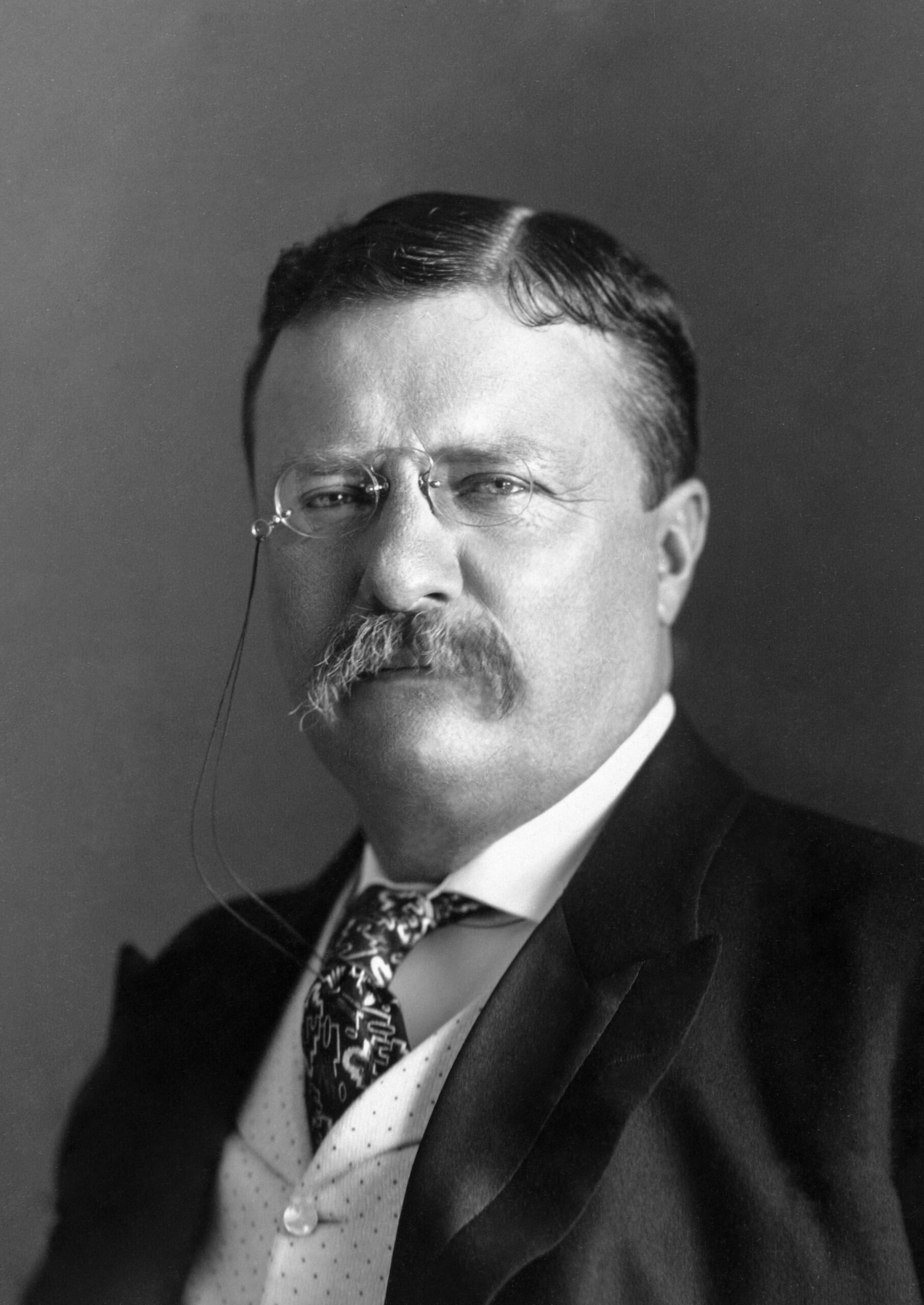 Making public statements —written or verbal—about someone’s professional or personal conduct is risky business. I wrote about some of the dangers in a recent post.
Making public statements —written or verbal—about someone’s professional or personal conduct is risky business. I wrote about some of the dangers in a recent post.
The news media know the law. They must have facts to back up reports about a person’s conduct, performance, competency, health, or morals, so they work to avoid rank speculation and rumor.
But today, the risk goes beyond the traditional news media.
With the internet, everyone has an available printing press. As such, all of us should be aware of the risks of publishing comments that may damage a public or private individual’s reputation but prove to be false.
Teddy Roosevelt’s Tarnished Reputation
About 100 years ago, in 1913, there was a famous case of libel in Michigan that illustrates these risks. Teddy Roosevelt sued editor George Newett because his newspaper, The Iron Ore, had published rumors about Roosevelt’s misbehavior on the campaign trail.
“Roosevelt lies and curses in a most disgusting way; he gets drunk, too, and that not infrequently, and all his intimates know about it. All who oppose him are wreckers of the country, liars, knaves, and undesirables. He alone is pure and entitled to a halo. Rats. For so great a fighter, self-styled, he is the poorest loser we ever knew!”
We don’t know which alleged shortcoming offended Roosevelt the most. My guess is calling him a ‘liar’ and ‘poor loser’ were the deepest darts to his good name.
These accusations were just a few of many brickbats hurled at him during the 1912 presidential campaign, which was as rough as politics could get. But Roosevelt, no stranger to a good fight, lost the election and decided to do something about the mudslinging.
Still smarting from his defeat by Woodrow Wilson, he found a perfect case to restore his good name and reputation and filed his lawsuit in Michigan.
The former president brought forth an impressive array of witnesses in his favor who testified to Roosevelt’s sobriety and propriety. The editor’s star witness, on the other hand, was a journalist who swore he had seen the president in a drunken state.
Unfortunately for the editor, the journalist reportedly was forced to flee the country to avoid prosecution on grand larceny charges, according to the Theodore Roosevelt Center at Dickinson State University.
Roosevelt himself took the witness stand and testified:
“I do not drink beer… [and have] never been drunk or in the slightest degree under the influence of liquor.”
In the face of overwhelming evidence, editor Newett relented and read a statement in court, retracting the report and apologizing. In a bully show of forgiveness, Roosevelt waived his claim for money damages. The jury awarded him nominal damages of six cents.
With his six cents and good reputation restored, Roosevelt returned to private life a happy man.
Think Twice Before You Publish or Post
Many standards of acceptable conduct have changed drastically in the last 100 years, and today the law requires a much higher level of proof for public officials compared to private citizens to prove defamation. Nonetheless, engaging the brain before speaking or writing is always a good idea.
Florida law defines defamation as (1) publication of a (2) false statement (3) made negligently about a private person or knowingly about a public figure, (4) which causes damages to a person’s reputation or business.
Some statements are defamatory “per se,” which means they are presumed to damage a person’s reputation, if false. They include statements that someone has committed a felony; lacks chastity; has a “loathsome” infectious disease; or is incompetent at their chosen profession.
“But it’s true!” shouts many a defendant called upon to retract damaging statements. Truth is always a defense to a claim of libel. However, experience shows that truth is often the most difficult and expensive defense to prove in court. Just another good reason to doublecheck your facts before posting about someone’s conduct, competency, health, or morals.
The Newseum in Washington, D.C., is a good place to start your reading about libel, slander, and defamation. And if you need advice regarding defamation or other constitutional torts, such as invasion of privacy, please reach out to me at 904-807-2179 or [email protected].
Stay up-to-date on Florida media, advertising, and First Amendment law by subscribing to my monthly newsletter.